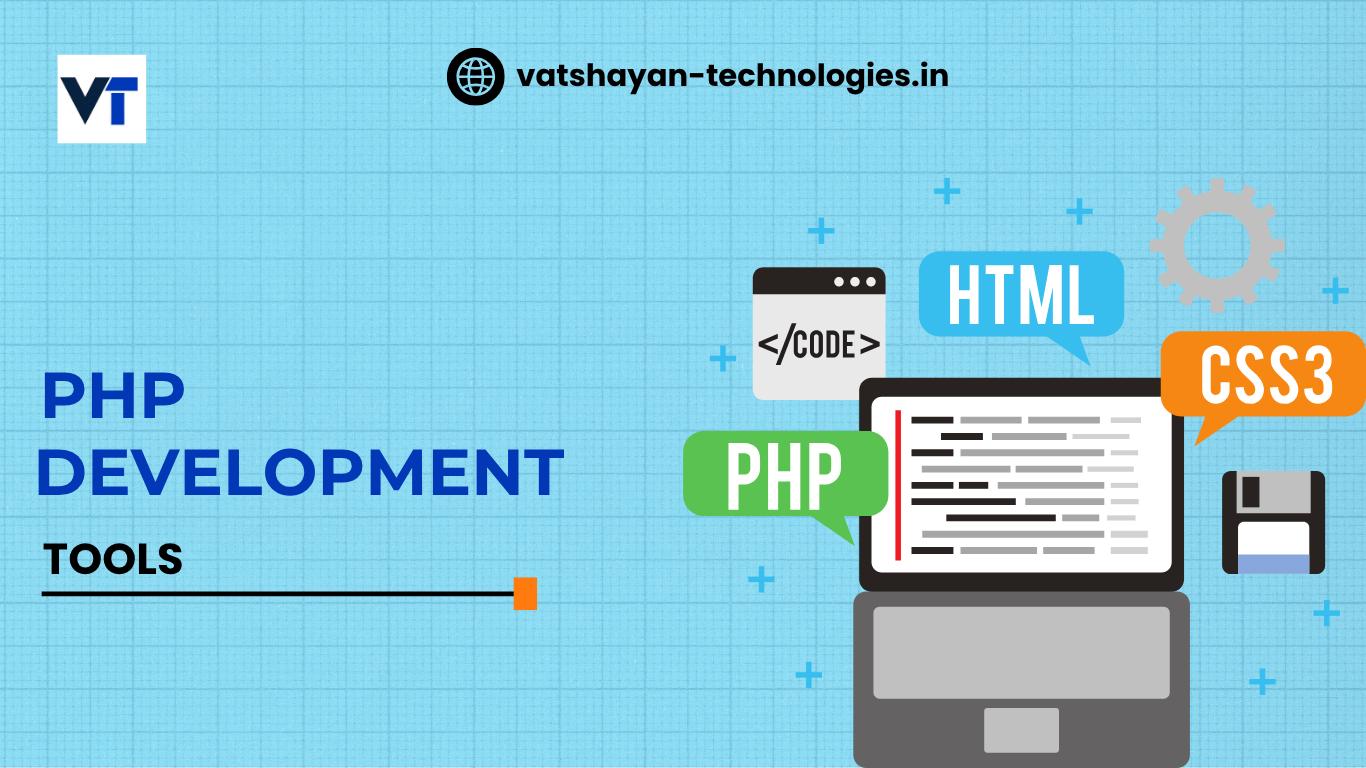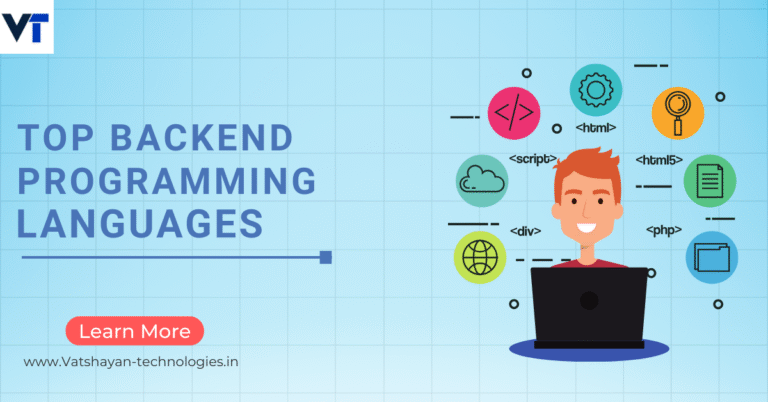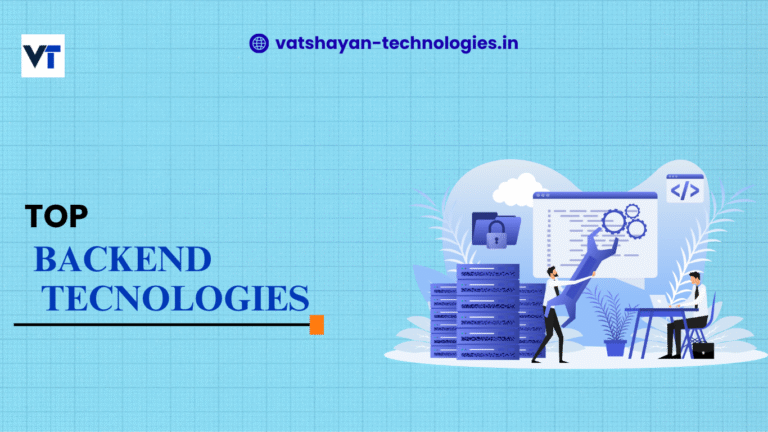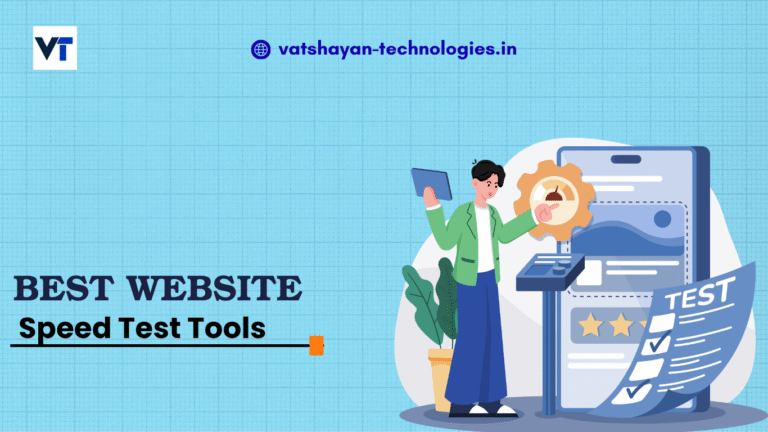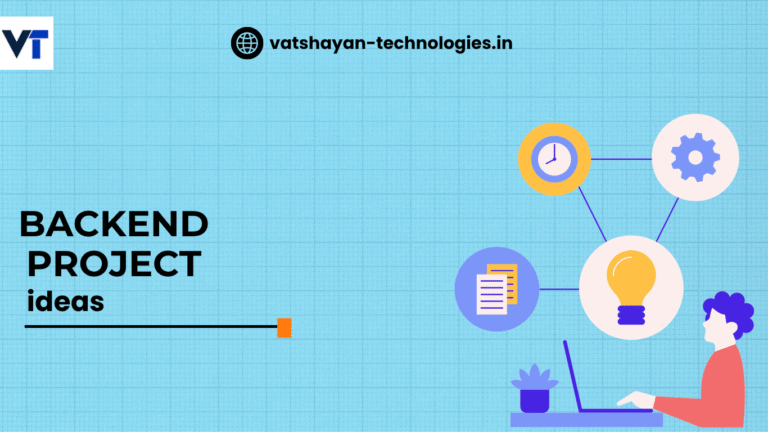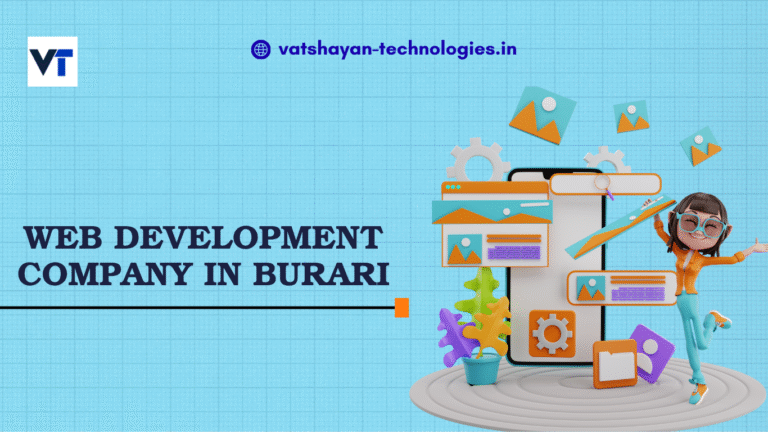Best PHP Development Tools for SEO-Friendly Blog Development
PHP Development Tools
PHP runs some of the world’s most popular content management systems-WordPress, Joomla, and Drupal. For developers and bloggers, the choice of PHP development tools is vital for building fast, secure, and SEO-friendly websites. The right set of PHP development tools certainly improves coding efficiency, besides assuring better website performance and higher search rankings.
At Vatshayan Technologies, advanced PHP development tools are used to create optimized, scalable, high-performing blogs that deliver great user experiences. Below, we explore some of the best tools that make PHP development faster, smooth, and SEO-efficient.
Enhance Your Coding – Powerful PHP Development Tool: PHP Storm
PHP Storm is the most advanced PHP development tool for professional developers seeking speed and efficiency. It provides intelligent code completion, real-time debugging, and error detection, all to make development easier and more productive.
This PHP development tool also supports major CMS platforms and frameworks such as WordPress, Laravel, Symfony, and Magento, while smoothly integrating with databases and version control systems.
SEO Benefit: PHP Storm allows for faster performance and improved Core Web Vitals, thanks to optimized and clean coding; this will be important for higher SEO rankings.
NetBeans – A Powerful PHP Development Tool for Bloggers
NetBeans is a free, open-source tool for PHP development, quite suitable for the development of high-performance blogs. It supports PHP 8+, allows debugging and performance testing, and makes customizing themes straightforward.
SEO Benefit: Creating fast, mobile-friendly blogs with better rankings in search engines is the result of this PHP development tool
XAMPP – A Must-Have PHP Development Tool for Seamless Testing
XAMPP is one of the most popular PHP development tools to set up a local server effortlessly. This software includes Apache, MySQL, PHP, and Perl, which allows developers to locally test blogs before going live.
SEO Benefit: This PHP development tool guarantees fast-loading, error-free websites, the main driving force behind bettering Google rankings.
Eclipse PDT – One of the Most Reliable PHP Development Tools for Professionals
Among the powerful PHP development tools, the Eclipse PDT is always at the forefront of consideration by developers, because it makes coding for complex projects easier with its customizable workspace, advanced debugging, and syntax highlighting. Developers can extend it with plugins for version control, testing, and optimization.
SEO Benefit: This PHP development tool ensures smooth, optimized performance that will keep your blog fast, stable, and SEO-friendly.
Sublime Text for PHP Development
Sublime Text is a lightweight yet powerful tool for PHP development that offers fast performance, split editing, and syntax highlighting, among others. Its support for plugins will make coding smoother and faster.
SEO Benefit: Optimized PHP development provides cleaner code and quicker loading, which in turn offers better rankings.
Visual Studio Code for PHP Development
Visual Studio Code is a snappy, open-source code editor that is great for PHP development. It offers IntelliSense for PHP, GitHub integration, and debugging tools to boost your coding.
-
SEO Benefit: Clean, optimized code from VS Code increases website speed and boosts SEO performance.
-
PHP DebugBar for Efficient PHP Development
The Debug Bar is an essential part of PHP development; it displays memory usage, queries, and execution time in real time, which makes debugging on time easier and keeps the code quality high.
SEO Benefit: A bug-free and fast-performing PHP website enhances user experience and boosts SEO rankings.
Laravel Artisan for Smarter PHP Development
Laravel Artisan is a powerful command-line tool that simplifies PHP development by automating tasks like caching, migrations, and code generation. It helps developers create efficient, SEO-ready blogs with features like sitemap generation and optimized caching.
SEO Benefit: Automation keeps your blog fast, updated, and easily crawlable, hence improving overall search engine performance
CodeLobster for Efficient PHP Development
CodeLobster is an IDE that simplifies cross-platform PHP development in WordPress, Joomla, and Drupal. Built-in debugger, auto-completion, and code validator are some of its features that ease coding.
SEO Benefit: CodeLobster, with its optimized and lightweight code generation, can help improve site speed and overall SEO performance.
PHPUnit for Reliable PHP Development
PHPUnit is a powerful testing framework that allows for smooth and error-free PHP development. This utility helps developers in doing unit testing, finding bugs in the early stages, and maintaining stable blog performance.
SEO Benefit: PHPUnit comes in to ensure code reliability for reduced technical issues, meaning better uptimes, faster loading, and improved SEO rankings.
Why PHP Development Tools Matter for SEO-Friendly Blogs
- The proper use of PHP development tools supports the creation of fast, error-free, responsive blogs with enhanced page speed, great user engagement, and mobile optimization. Regular updates, smooth performance-all these features contribute to overall SEO ranking improvement.
📌 Conclusion
For bloggers and developers, the right PHP development tools are the backbone of SEO-friendly blog creation. From IDE tools like PhpStorm and VS Code, to testing tools like PHPUnit, and server setups like XAMPP, each plays a vital role in building fast, secure, and search engine–optimized blogs.
👉 If you want a blog that loads fast, ranks high, and delivers an amazing user experience, start using these PHP tools today.

